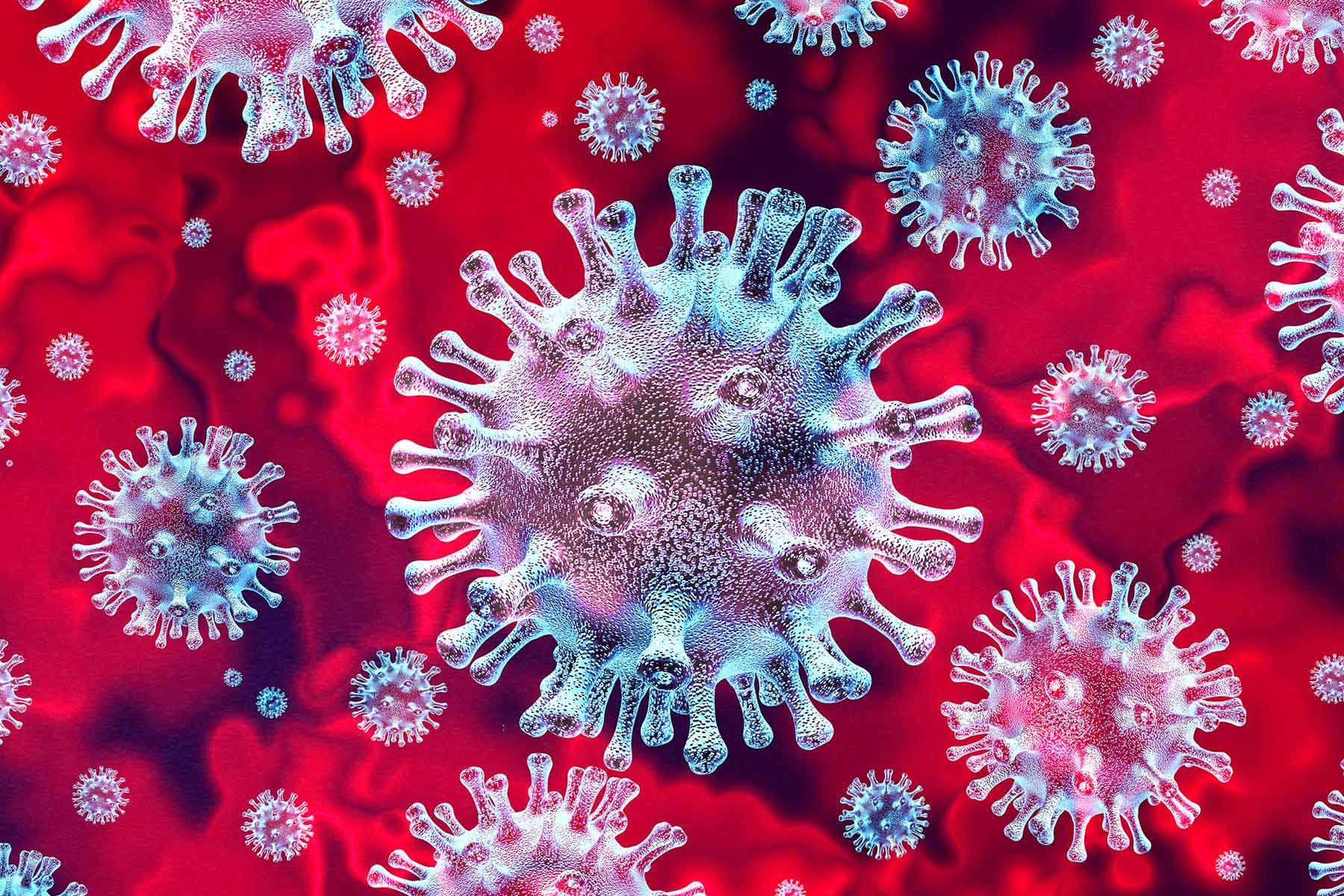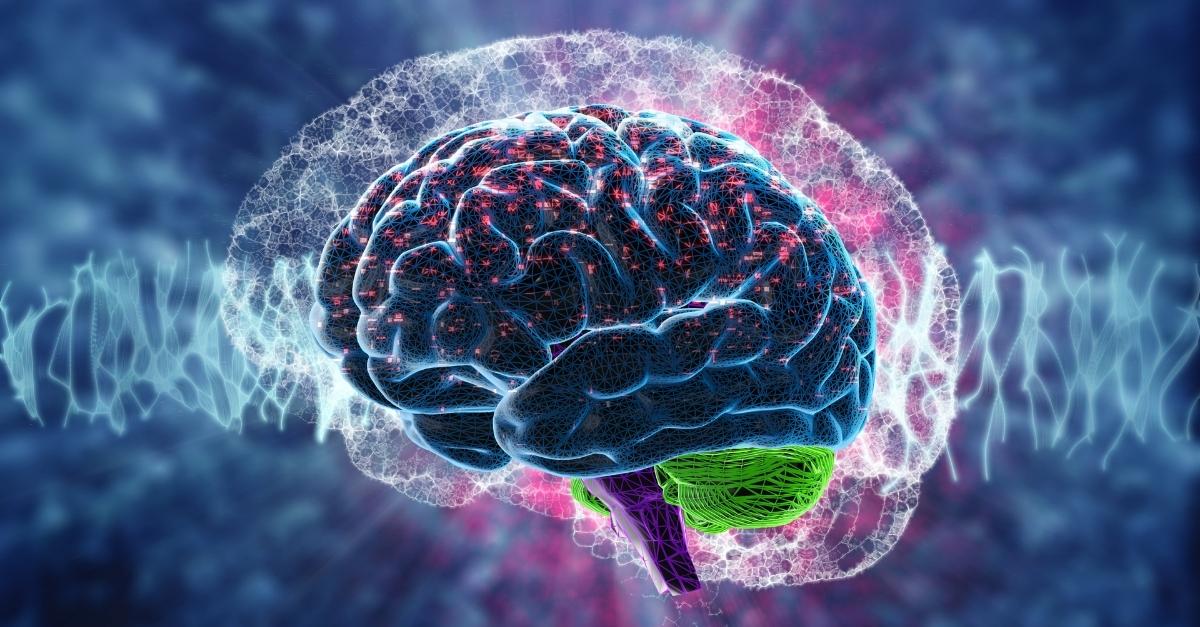Omega Supreme Holopsicon
Banned
The application of combined hypoxia and hypercapnia (hypercapnic hypoxia) during respiratory exercises results in a maximum increase in resistance to acute hypoxia and ischemic tolerance of the brain. The results of those researches allow the assumption that hypercapnic hypoxia is a promising method for prophylaxis, treatment, and rehabilitation, as well as a means to increase life expectancy. The study was conducted to verify the hypothesis that it is possible to extend the life span through regular courses of respiratory exercises with hypercapnic hypoxia. In the present experimental research carried out on mice, the geroprotective effect of regular hypercapnic-hypoxic exercises (PO2-90 mm Hg and PCO2-50 mm Hg) was assessed in the context of the average life expectancy and the main criteria of its quality (reproductive function, muscle strength, and behavior). Results suggest that with regular training, life span is extended significantly by 16%. This result was accompanied by improved reproductive and cognitive functions, increased motor and search activities, and physical stamina in old age mices.

Hypercapnic hypoxia as a potential means to extend life expectancy and improve physiological activity in mice - PubMed
The application of combined hypoxia and hypercapnia (hypercapnic hypoxia) during respiratory exercises results in a maximum increase in resistance to acute hypoxia and ischemic tolerance of the brain. The results of those researches allow the assumption that hypercapnic hypoxia is a promising...
The scientists placed regular mice in conditions of low oxygen and high carbon dioxide, like in naked mole-rat tunnels – and achieved something no one has ever done before: they managed to significantly lower the rodents' body temperature and slow their metabolism for as long as months.
It was the first time science achieved a more or less permanently slower metabolic rate in any warm-blooded animal.
And why is this good? Because, they postulate, the lower body temperature and slower metabolism could significantly extend mouse longevity, based on the observation that metabolically slow naked mole-rats live eight times longer than similar rodents.

Living like a naked mole-rat may extend longevity, scientists demonstrate
Ukrainian-Israeli Collaboration Emulates Aspects of Naked Mole-rat Physiology in Mice and Even Postulate Future Treatment for Obesity, but One Wonders if It’s Worth It. Maybe SpaceX Might Be Interested, Though
No, Face Masks Don't Lower Oxygen Levels
TUESDAY, Nov. 3, 2020 (HealthDay News) -- Face masks: Yes, they may not be the most pleasant item to wear, but they are not depriving people of needed oxygen, a new study confirms.

Coronavirus (COVID-19) Overview
COVID-19 is a new type of coronavirus that causes mild to severe cases. Here’s a quick guide on how to spot symptoms, risk factors, prevent spread of the disease, and find out what to do if you think you have it.
Controversy over whether certain types of masks lower or not oxygen levels, some oximeters and some masks suggest they do. Any case, lowering oxygen and increasing co2, will likely boost hemoglobin levels allowing greater performance while not wearing masks, it may also result in increased lifespan by lowering metabolism.


